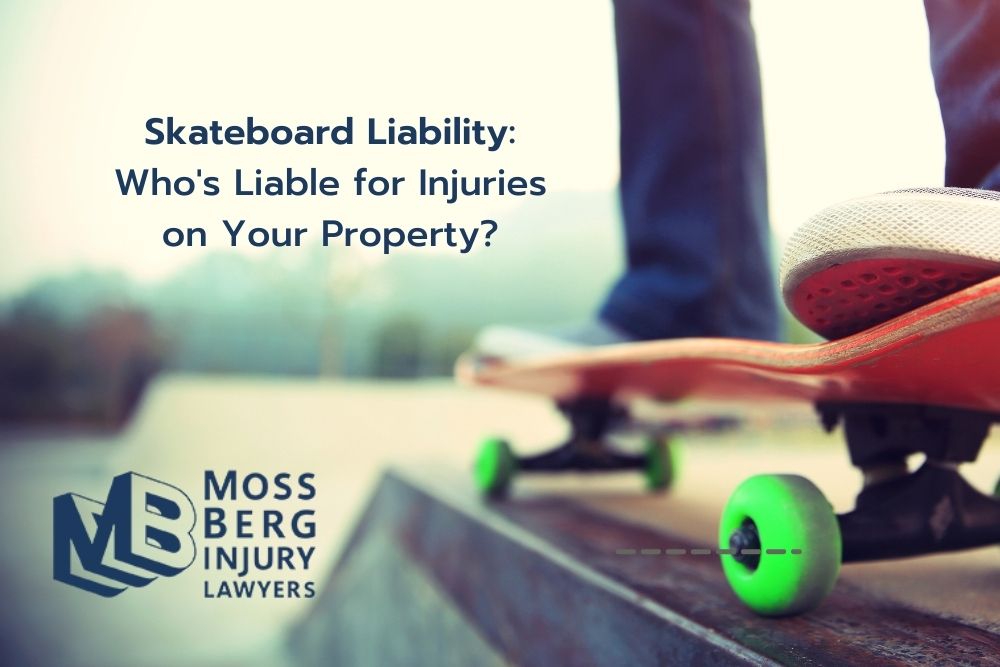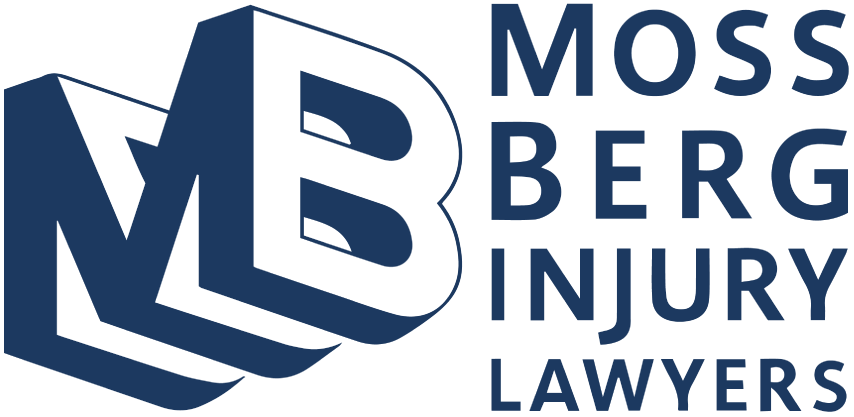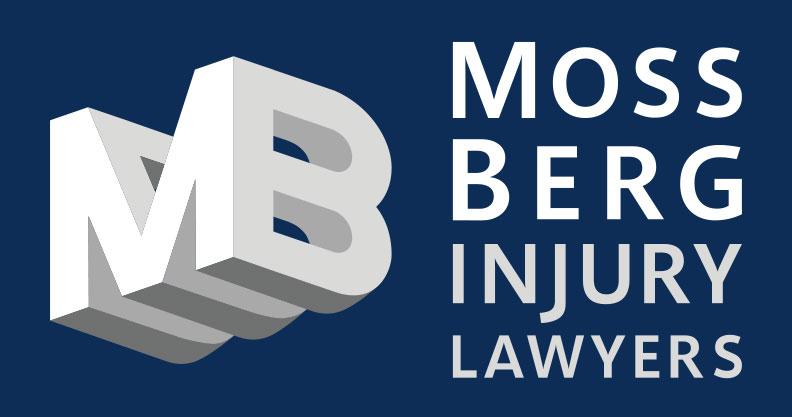by tfarino
Share
Share

It is understandable for business owners to be concern about the chance of them being liable for a skateboarder being injured within their property. Read on to learn more about your rights, liability risks, and other areas of the law regarding skateboarding.
Skateboard Injuries and Liability
Few people understand the laws surrounding the recreational activity of skateboarding. Because of this, it is only appropriate for skateboarders and business owners to learn about the laws. Knowing these laws can prevent lengthy and necessary lawsuits if an injury occurs within a private property. Keep on reading for more detailed information regarding skateboarding injuries and liabilities.
Owner Liability
Because many local and state governments prohibit people from skateboarding on government property (which covers a lot of a city), they will seek areas that are privately owned, such as the parking lot of a business to skate. This is a very concerning thing for business and landowners as skateboarders can file a lawsuit under “premises liability.” For example, someone who comes into a property to see products and suddenly is injured by an unsecured barrel or uneven floor can sue under premises liability. Some states have taken measures to prevent skateboarders from using this loophole while some states have not. Therefore, you may want to seek the services of a Las Vegas injury attorneys firm to see if your particular state is on your side.
Skateboard Injuries
According to the United States Consumer product safety commission, skateboarding injuries account for thousands of visits to the ER. These injuries involve children as young as 6 years old. In addition, many of these injuries that are seen are broken bones, head contusions, severe cuts, and in some cases, even death. The CPSC has recommended people to avoid skateboarding in public areas not designated for skateboarding. Many local governments take proactive measures to ensure that this activity is banned from public spaces by imposing fines.

